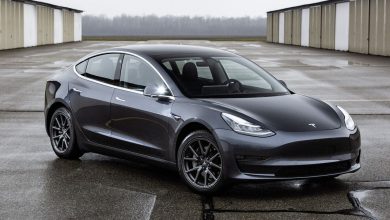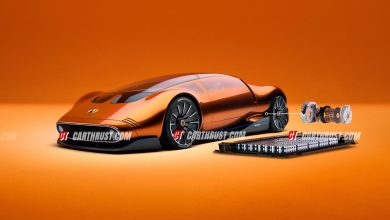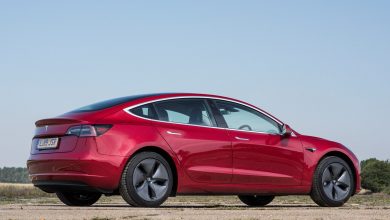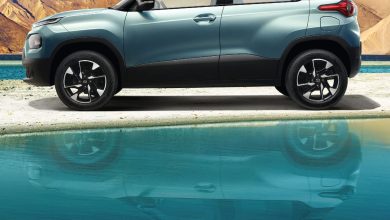New Twist in Tesla’s Tax Tale: Government may slash import duties after all!
While talking to Reuters, two government officials told them that the Indian government is considering decreasing the current rates from 60% and 100% to 40% and 60% respectively.
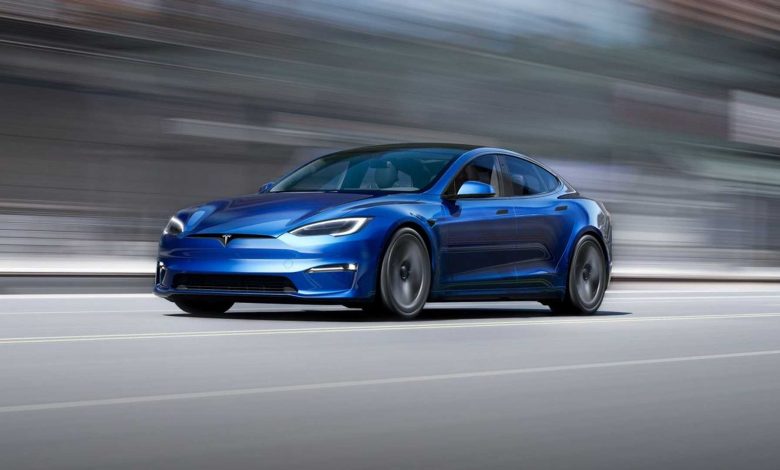
Last month we saw Tesla making a request to lower import taxes in India which was indirectly rejected earlier during a parliament session. However, the whole event created a ripple effect in the auto industry with other automakers like Hyundai coming forward in support of the California based automaker. Now latest Reuters reports suggest that India is finally going to consider slashing import duties on electric cars to as low as 40%.
Two senior government officials while talking to the global news agency told that the government is discussing slashing the tax rate to 40% from the current rate of 60% for CBU (completely built units) imported electric vehicles (EVs) with a CIF (cost, insurance and freight) value of less than $40,000. For EVs valued at more than $40,000, it is looking at cutting the rate to 60% from 100%, they added.
“We haven’t firmed up the reduction in duties yet, but there are discussions that are ongoing,” one of the officials said.
India is the world’s fifth-largest car market with annual sales of about 3 million vehicles but the majority of cars sold are priced below $20,000. EVs make up a fraction of the total and luxury EV sales are negligible, according to industry estimates. The only key player in the budget segment in the current EV market is TATA which is seeing good sales with its Nexon EV lately.
What’s this whole matter?
A few weeks back, Tesla wrote letters to the Indian transport and industry ministries requesting them to cut customs duty on electric cars to 40% from the current range of 60-100%. Tesla, in its pitch to the government, argued that lowering import duties on EVs to 40% would make them more affordable and boost sales. Its billionaire chief Elon Musk also hinted on Twitter that Tesla could set up a local factory if it gets a good response with its imported CBU cars.
However, following Tesla’s tax cut demands, a rare public debate among automakers over whether such a move would contradict India’s push to increase domestic manufacturing. TATA demanded the Government of India to support local made electric vehicles under its FAME Scheme which was echoed by another Indian EV startup, Ola Electric which said the emphasis should be more on promoting local manufacturing besides tax cuts.
Later that week Krishan Pal Gurjar denied any possibility to entertain such tax cut requests by Tesla and Hyundai. Gurjar, who was recently inducted in the cabinet as the MoS in the Ministry of Power and Heavy Industries, spoke in a recent parliament session, “No such proposal is under consideration in Ministry of Heavy Industries.”
He further added that the government is aggressively promoting the use of electric vehicles by keeping domestic taxes low, offering incentives through the FAME II scheme, and help to install EV charging stations to develop the EV ecosystem in the country.
This news is nothing less than fresh hope for Tesla’s Indian fans. However, there’s still more to the story. The government is in favour of a cut if it can see companies such as Tesla providing some benefit to the domestic economy – manufacture locally, for example, or give a firm timeline on when it would be able to, one of the officials told Reuters.
“Reducing import duties is not a problem as not many EVs are imported in the country. But we need some economic gain out of that. We also have to balance the concerns of the domestic players,” the official said.
The second official said that since the duty cut is being considered only for EVs and not other categories of imported cars, it should not be a concern for domestic automakers – that mainly manufacture affordable gasoline-powered cars.
India’s finance and commerce ministries, as well as its federal think tank Niti Aayog, chaired by Prime Minister Narendra Modi, are discussing the proposal and all stakeholders will be consulted, the person added.
However, India’s commerce and finance ministries as well as Niti Aayog have not provided any comments on the matter yet. Also, none of the sources wanted to reveal their identities as the discussions are still private.
A third source familiar with the government’s thinking said there was an awareness that a brand such as Tesla can make electric cars more penetrable in India, which is lagging other major auto markets in EV sales.
The government is thinking about the best way to approach this and they want to see some benefit even if that only means Tesla pledges to source parts domestically, the person said.
Interestingly, Tesla isn’t the first to demand such tax reliefs. Automakers including Daimler’s Mercedes-Benz and Audi have for years lobbied for lower import duties on luxury cars but faced strong resistance mainly from domestic companies. As a result, India’s luxury car market has remained small with average sales of around 35,000 vehicles a year.
But a more liberal import duty would also mean that Tesla’s cars would fall into the high-end EV category, which is mainly imported into India and account for a much smaller percentage of sales. Mercedes, Jaguar Land Rover and Audi already sell imported luxury EVs in the country in the form of EQS, i-Pace and e-tron.

